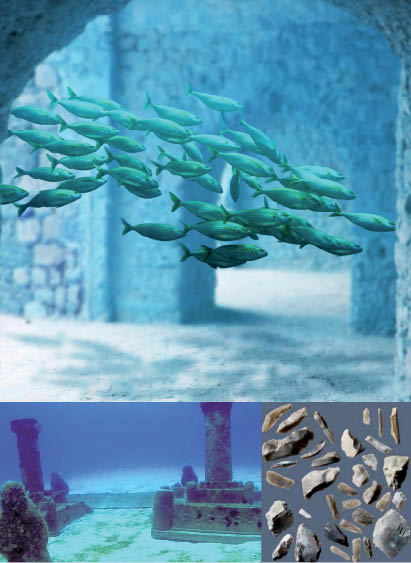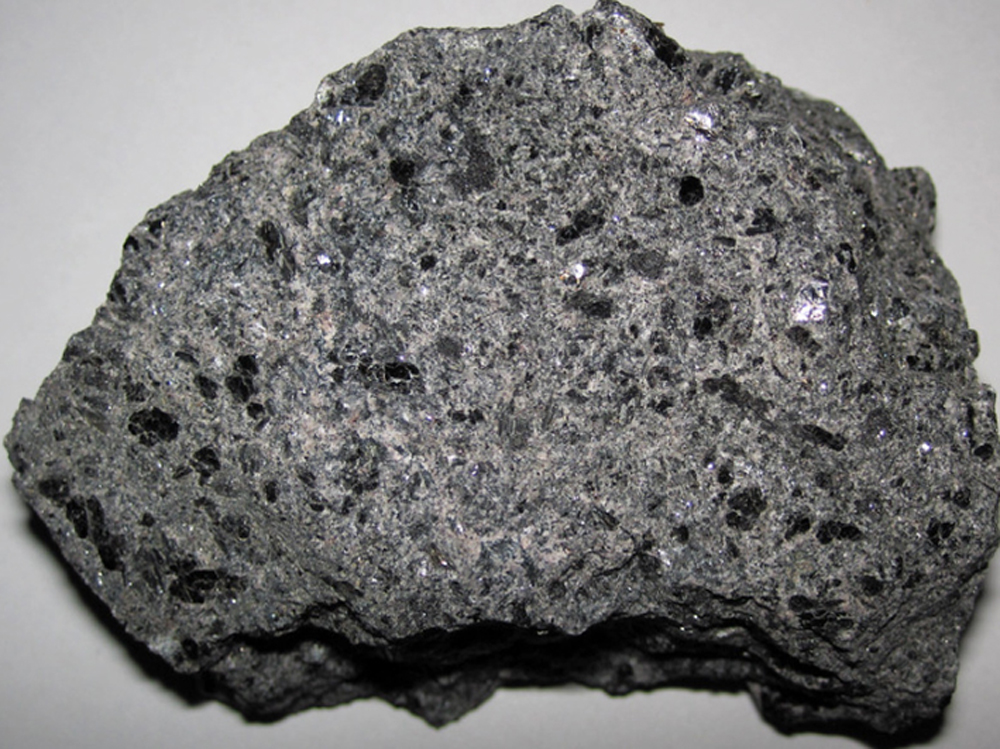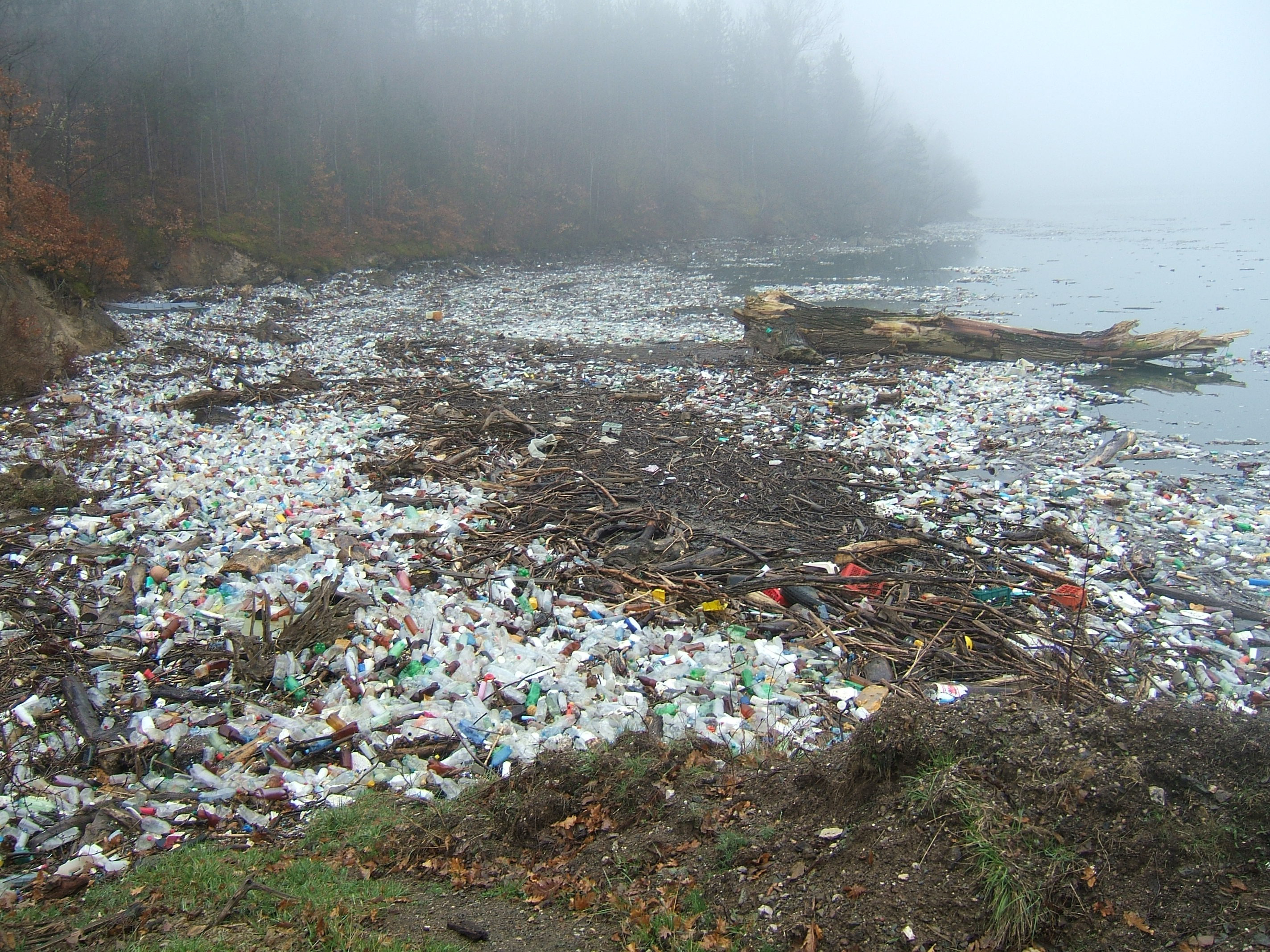The Sunken World



India is set to embark on a new chapter in its Polar exploration journey with the construction of Maitri II. The Indian government plans to establish a new research station near the existing Maitri ba...
.png )
The Deep Ocean Mission (DOM), approved by the Government of India in 2021 under the Ministry of Earth Sciences (MoES), represents a strategic step in realizing Sustainable Development Goal 14 (SDG 14:...

China recently announced restrictions on the export of seven rare earth elements (REEs), soon after US President Donald Trump decided to impose tariffs. As the world's dominant supplier—responsible fo...
The undersea world, besides being a hub of bubbling marine biodiversity, cradles a unique realm of buried rivers, ridges, mountain ranges, volcanic craters, and even remnants of settlements. The fluct...
<p>Need for restrictions on Coastal Regulation Zone India has a vast coastline with nine states and four union territories having a sea-line running along their borders. Consequently, large population...
Causing the death of over 100,000 marine mammals and millions of fishes and birds annually, plastic waste dumped into the ocean has emerged as the biggest waste problem of planet Earth. While over 50...
<p>The inorganic material making up pelagic deposits consist mainly of red clay that usually originates from volcanic activity. Red clay is mainly made up of silicon and aluminium dioxide, while the o...
The undersea world, besides being a hub of bubbling marine biodiversity, cradles a unique realm of buried rivers, ridges, mountain ranges, volcanic craters, and even remnants of settlements. The fluctuating sea levels have swallowed several coastal cities world over, the evidences of which are coming to light gradually.

<p>Need for restrictions on Coastal Regulation Zone India has a vast coastline with nine states and four union territories having a sea-line running along their borders. Consequently, large populations of people are dependent on the sea for their livelihood. The scenic beauty of the sea and coastal formations also attract tourists in huge numbers. Minerals […]</p>

Causing the death of over 100,000 marine mammals and millions of fishes and birds annually, plastic waste dumped into the ocean has emerged as the biggest waste problem of planet Earth. While over 50 per cent of the ocean area is free of any national jurisdiction, increased ocean plastic is moving the world towards a global catastrophe.
